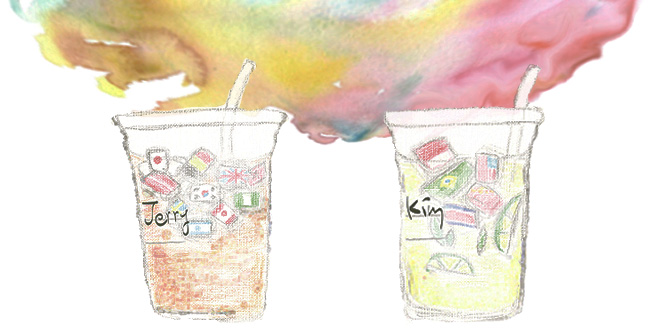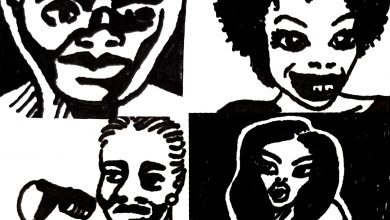Feminism 101: What is Tokenism?

Illustration by Carmen Li.
Tokenism, broadly speaking, is including someone in a group for the sake of sounding or appearing diverse.
Movies and TV shows often tokenize women or people of color by including one white woman, or one person of color, in their cast. This often takes the form of tropes like the Smurfette principle, or the black best friend. Including these characters functions to prevent accusations of sexism or racism, based on the mere presence of a woman or a person of color.
“Guardians of the Galaxy,” for instance, could have been a “feminist” movie with three “strong female characters” – Gamora, Nebula, and Nova Prime. It even passes the Bechdel Test. But instead of being a “win” for women (whatever that means), these three female characters were surrounded by sexist jokes and objectification. One could argue that “Guardians” is good for women, because it actually has women, but how is it good when these women are objectified?
This example brings us to the crux of the problem with tokenism: it doesn’t mean anything. Portraying a single member of a marginalized community is just an empty performance of inclusion without respect for these characters’ backgrounds or experiences as oppressed peoples.
As America Ferrera wrote for Deadline Hollywood, “Tokenism is about inserting diverse characters because you feel you have to; true diversity means writing characters that aren’t just defined by the color of their skin, and casting the right actor for the role.”
It’s important to note that Ferrera specified “characters that aren’t just defined by the color of their skin.” Ethnicity can play an important part in someone’s identity, and to erase it completely – essentially, arguing for colorblindness – is also a problem.
Tokenism places a heavy burden on actors, who feel pressured to consider the ramifications of their roles. When looking at roles, Ferrera wrote, she considers how she could perpetuate harmful Latinx stereotypes by playing housekeepers or drug dealers.
Many Muslim-American actors, similarly, spend the majority of their careers playing terrorists, when they would rather not. They take on these roles to make a living, even though they know they are perpetuating harmful, Islamophobic stereotypes.
Nor is tokenism confined to representation in the media. Journalists and writers of color are often wary of being told to cover only issues related to their ethnicity, rather than writing on the various topics that they are interested in. That is, they are not allowed to explore their passions, as white writers are often allowed to do.
Instead, they are pushed to write on topics that relate solely to their ethnicity – like their ethnicity is the only pertinent point of their existence. And while ethnic and cultural identities can be important, to act as if people of color are only their color is wrong and harmful.
In being made into tokens, marginalized peoples are denied the full range of humanity, and instead are used as symbols of progress while being actively dehumanized. Unless marginalized people are allowed to really exist, as multifaceted and complex individuals, the appearance of diversity is nothing more than a false advertisement.




